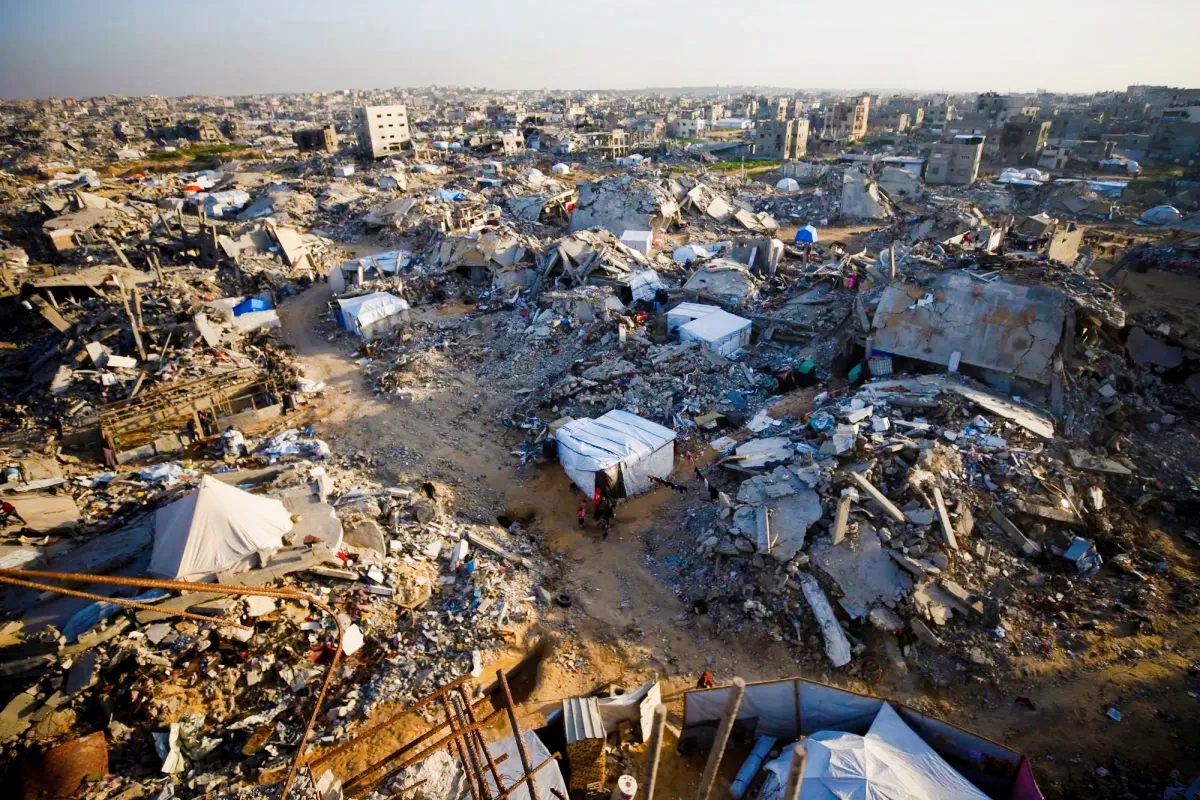Israel approves plan to occupy Gaza and calls up 60,000 reserve soldiers
August 20, 202573 ViewsRead Time: 3 minutes

Font Size
16
In a dramatic development that warns of a wide escalation in the Gaza Strip, Israeli Defense Minister Yoav Gallant approved a military plan to occupy the city of Gaza, the largest population center in the sector, amid an atmosphere of anticipation and anxiety dominating the region.
According to Israeli media reports today, Wednesday, August 20, orders were issued to call up about 60,000 reserve soldiers, a step indicating significant field readiness that may precede the implementation of the ground operation.
* Anger within the ranks of the army
This decision comes at a time when signs of discontent are increasing within the Israeli army, especially among reserve soldiers who are being ordered back to service after long months of fighting.
After more than a year and a half since the outbreak of the war on October 7, 2023, following the attack launched by Hamas on Israeli settlements and bases, the voices of soldiers have diminished, and critical voices have emerged against both the political and military leadership.
According to a study conducted by researchers at the Hebrew University, which included more than 300 currently serving soldiers, 25.75% of reserve soldiers expressed a sharp decline in their motivation compared to the beginning of the campaign, while 105 others indicated a partial decrease in their enthusiasm.
Regarding public sentiments towards the new military operation, the study showed that 475 soldiers expressed negative feelings towards the government and its policy in managing the war and negotiations related to hostages.
* Gap between leadership and the field
In another indicator of declining popular and military momentum within Israel, reports published by Hebrew media, including the "Ynet" website, indicated that the number of reserve soldiers who answered the call to service last March was 30% less than the number required by military leaders, highlighting a growing gap between military leadership and the field base.
* International mediation awaits a response
As Gaza races against time between the possibilities of a ceasefire or slipping into a greater escalation, international mediators - led by Qatar and Egypt - are awaiting the Israeli response to a new proposal for a ceasefire, amid slim hopes for a real de-escalation.
However, the approval of the plan to occupy the city may be interpreted as a negative indicator of Israel's intentions regarding ongoing negotiations.
* Rising criticism of Netanyahu's government
Politically, Prime Minister Benjamin Netanyahu is facing increasing pressure within Israeli society, as he has so far failed to reach an agreement for the release of prisoners held by Hamas, despite multiple rounds of mediation.
Criticism is also rising regarding his handling of the war file, amid declining confidence among wide sectors of Israelis in his government.
* Gaza on the brink of boiling
Meanwhile, residents of the Gaza Strip are living in extremely difficult humanitarian conditions, with scenes of long lines waiting for aid spreading, amid widespread destruction affecting infrastructure and residential buildings.
Many fear that the anticipated attack on the city of Gaza could lead to a greater humanitarian disaster if the plan is implemented without reaching a truce or political solution.
The scene remains suspended between two options: a military escalation that could deepen the wounds, or a diplomatic breakthrough that might save what remains of hope for stopping the bleeding.